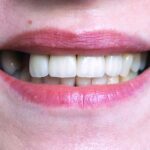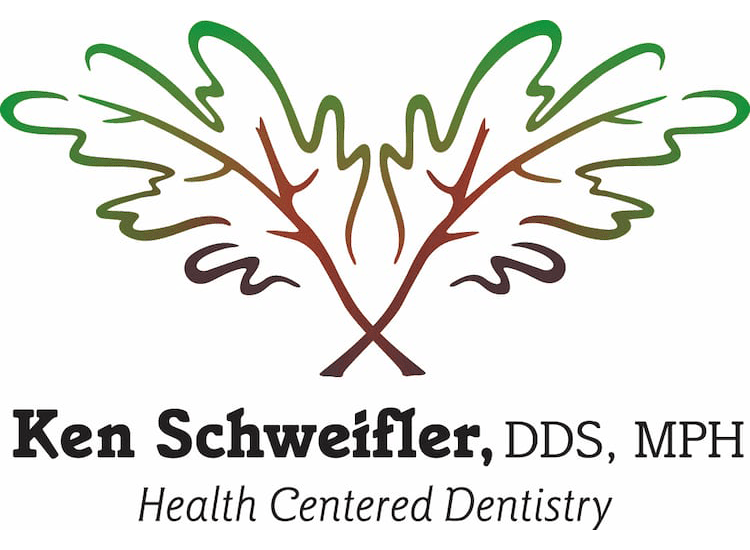We all lose our baby teeth during our childhood to make room for the growth of adult permanent teeth. But if you lose these adult teeth, you could face serious oral health complications. Tooth loss can make you feel unhappy about your smile aesthetics, struggle with eating and speaking, and increase your risk of other dental problems.
Your dentist can help you replace missing teeth with restorative dental treatment. But ideally, you should make efforts to prevent tooth loss in the first place.
You can better preserve your natural dental structure when you know the cause of tooth loss. Read on to learn about three of the most common reasons you could lose one or more teeth.

Advanced Gum Disease
Gum disease is a common type of infection within the gums. It develops when natural bacteria in your mouth reach the gums and begin to eat away at the tissue. The early stages of this infection can make the gums red, swollen, and sore.
But you can experience more severe symptoms if you do not seek treatment for gum disease. The infection will not go away of its own accord. You will need periodontal therapy from your dentist to eradicate the excess bacteria from the gum pockets.
If gum disease advances, bacteria will damage the gums to the point they will begin to recede. You can also see damage to your teeth and jawbone. Then the teeth may fall out.
Periodontitis, this advanced form of gum disease, is the leading cause of tooth loss, so do not delay treating this infection. It is easier to treat when diagnosed early, so do not wait to talk to your dentist about changes in your gum health.
Severe Tooth Damage
If your tooth suffers a significant amount of damage to its structure, it could be in danger of falling out. A common way this can occur is through advanced tooth decay.
Many of us will develop cavities, an early form of tooth decay. But without prompt treatment with a dental filling, the decay will worsen. You can see major deterioration of the tooth’s structure in this case.
This dental damage will also put the tooth in danger of infections within its pulp. Not only could the tooth fall out of its own accord, but your dentist might need to extract a severely decayed tooth in order to protect the rest of your smile. Avoid this situation by treating cavities in a timely fashion at your dentist’s office.
Impact Facial Trauma
Accidents can happen to the best of us. If you suffer a blow to the face, even the most diligent preventive oral health care cannot stop the impact trauma from knocking out a tooth. The excess pressure on the face can dislodge the tooth from its socket.
But in this case, you have a small window where a dentist may be able to save it and put it back in your mouth. Contact your dentist right away, within the hour of the accident if you can, in order to seek emergency dental treatment to restore your smile.
